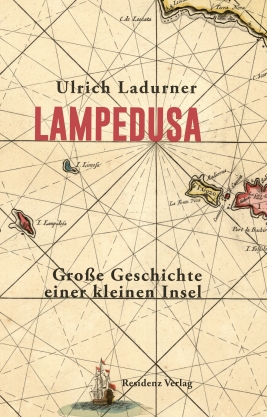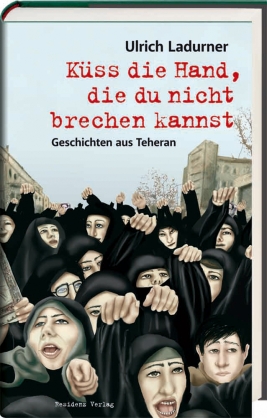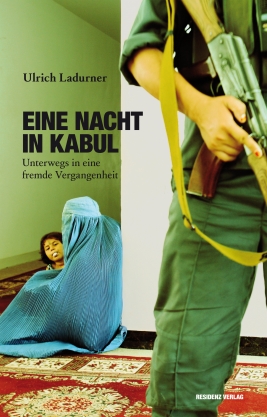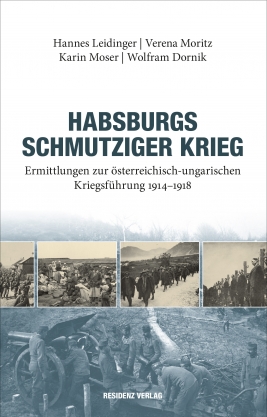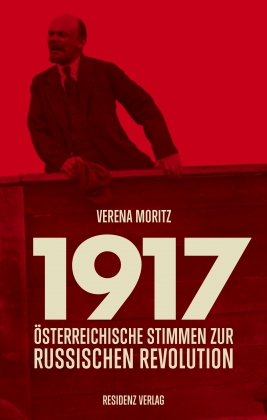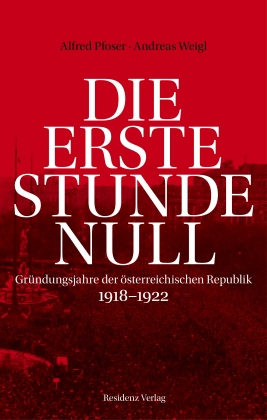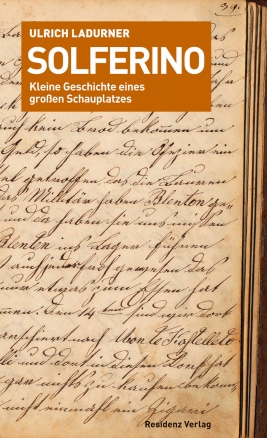
Ulrich Ladurner - Solferino
The small story of an important historic site
An intriguing and fascinating story about the birth of the Red Cross and the beginning of the Habsburg Empire’s downfall.
On site where on June 24, 1859, the Battle of Solferino ended with the defeat of the Austrian army under Emperor Franz Joseph I. Here, the French troops led by Napoleon III, an ally of the Sardinian Kingdom, managed to pave the way for Italian unification. The renowned Austrian author Joseph Roth’s famous novel “Radetzky March” eternalized the small town of Solferino in a literary monument, while Henry Dunant’s first-hand report on the gruesome battle and the suffering of the wounded soldiers in its aftermath led to the founding of the International Red Cross and the adoption of the Geneva Convention. When Ulrich Ladurner found the diaries of his great-grandfather, a man from South-Tyrol who was drafted to join the fight by lot, he set out into a past unknown to him. The political and historical account of the author’s journey, which in the course of the story becomes a search for his personal history, leads us to the Italian region Lombardy, south of Lake Garda. Observations, conversations and research on site helped Ladurner in his quest to reconstruct historical events.
Book details
Mit einigen s/w-Fotos144 pages
format:125 x 205
ISBN: 9783701731510
Release date: 09.06.2009
License rights
- Italy






